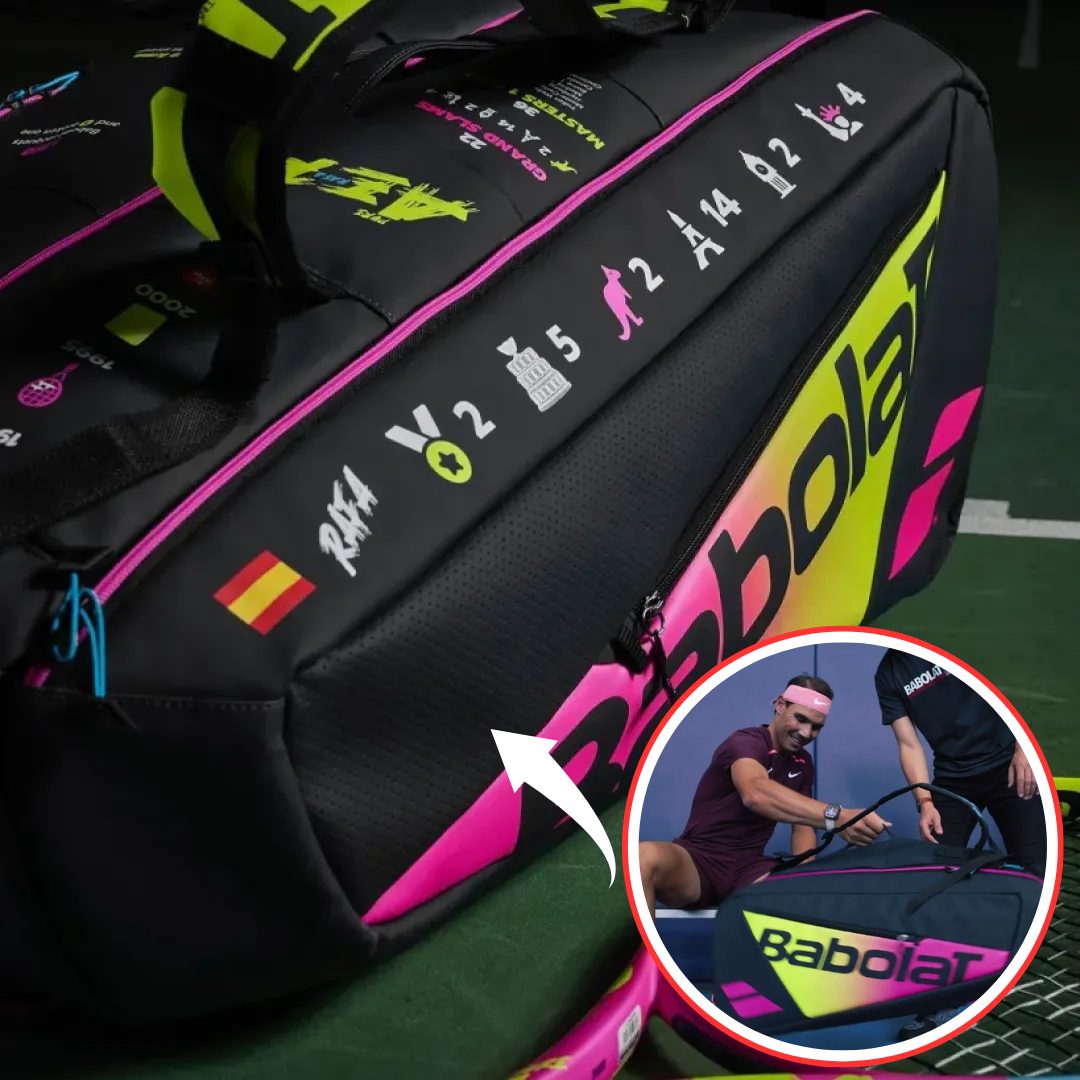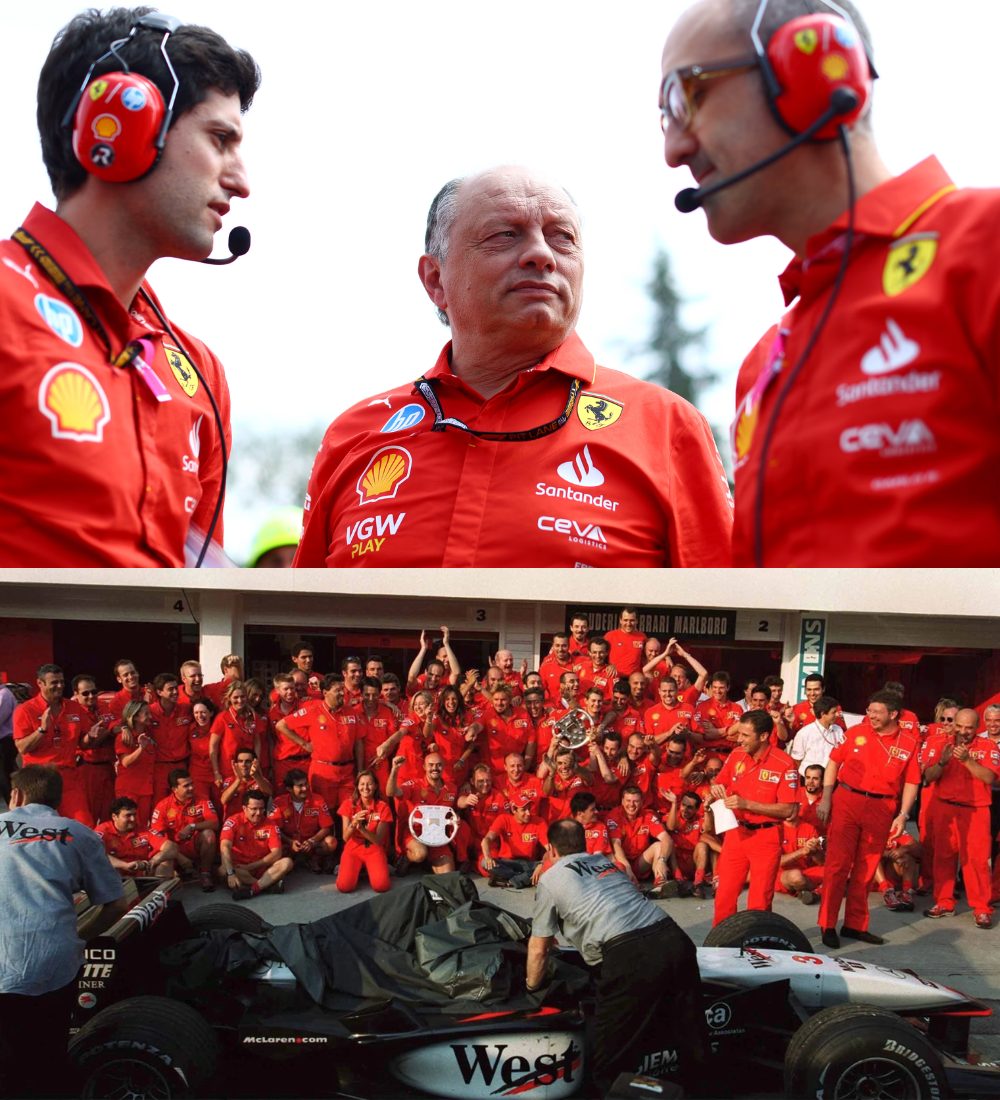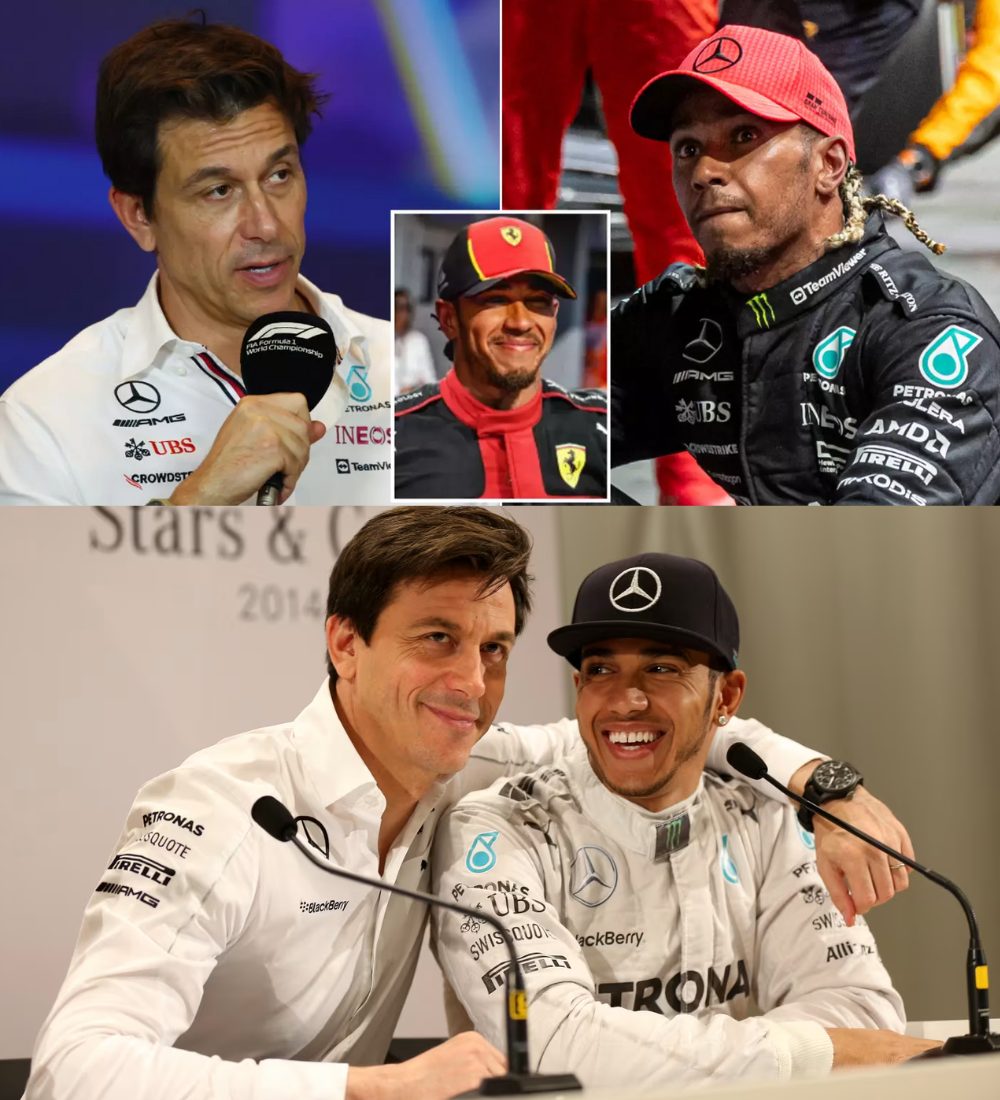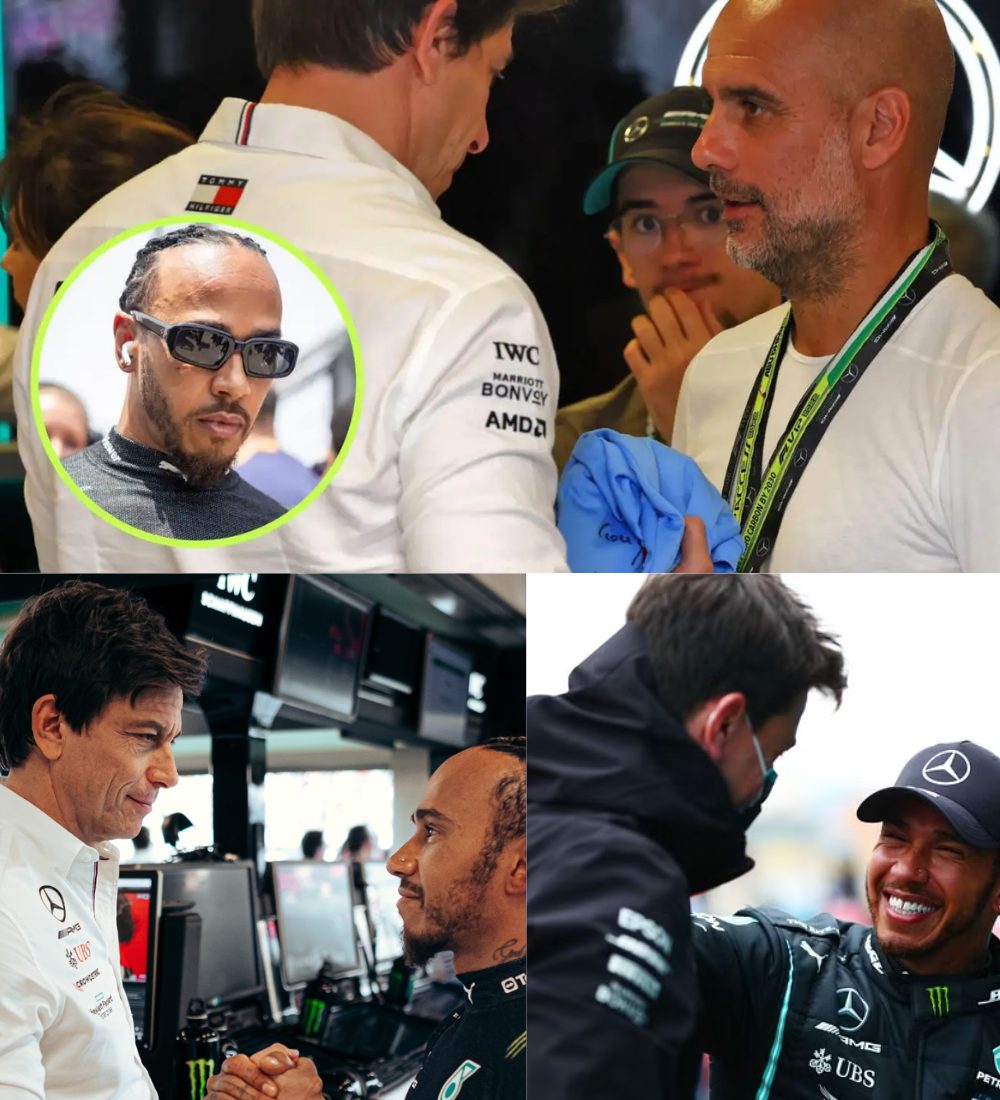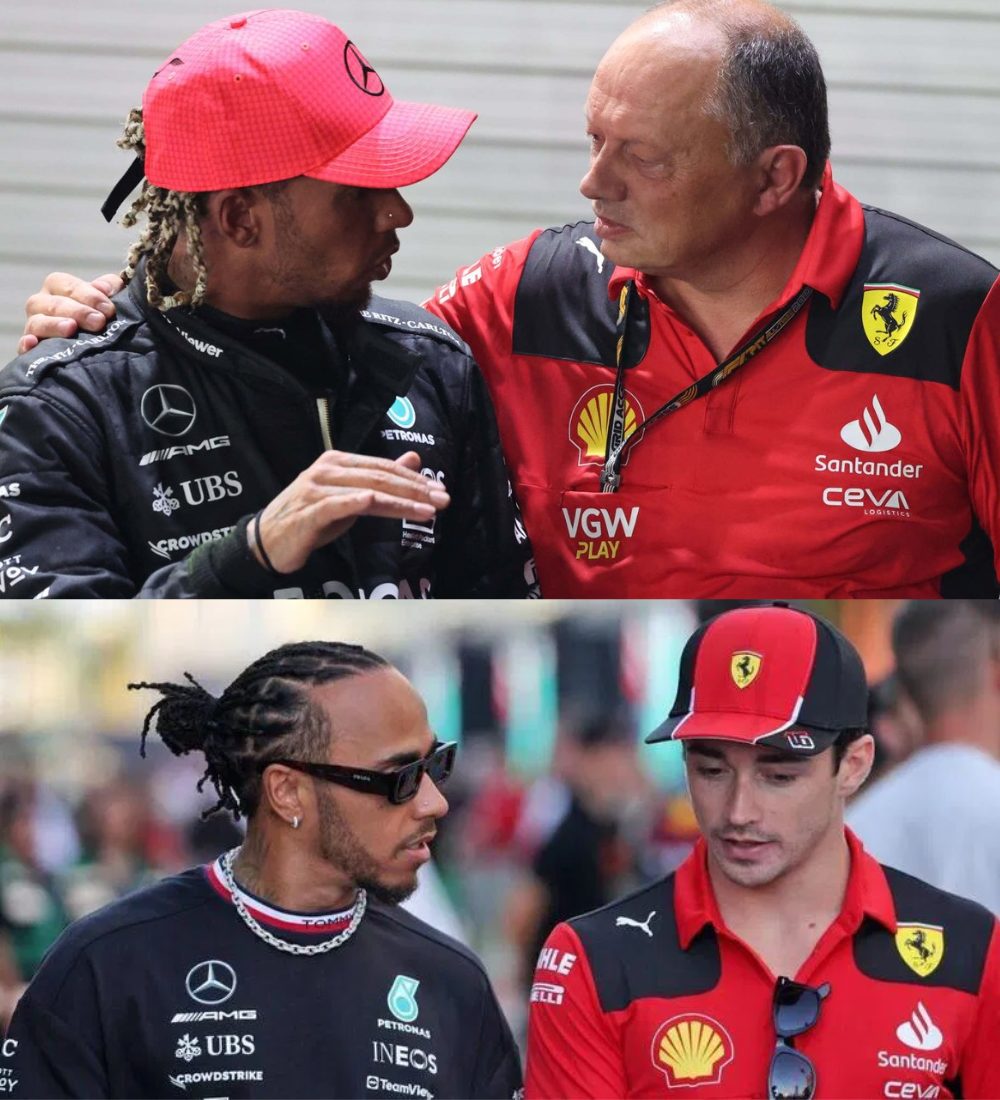Nobody could accuse the All Blacks and Wallabies of throwing up any surprises in Wellington on Saturday night. As it happens the 33-13 result was roughly within the margin of error for the average scoreline since the All Blacks embarked on their astonishing Bledisloe Cup-winning run back in 2003.
This helps place the Wallabies performance into context: under Joe Schmidt this side is no worse than 22 years worth of Wallabies sides that have gone before it. In fact, it is already demonstrably better than the team Eddie Jones took to last year’s World Cup.
The trouble is, it’s not really relevant if this Wallabies side is better than last year’s side or any side from the period. To win the Bledisloe Cup they need to be better than the All Blacks. And to win Test matches, better than the teams they will face in a few weeks’ time, in the north.

Further, fans don’t need to be reminded about context, or want to be continually asked to stay patient. Or to be forced into ranking losses in order from unlucky to almost palatable to downright embarrassing. They just want to see a few more wins.
There are no easy games ahead for the Wallabies. That’s as it should be for a rugby nation that, despite barely clinging on, rightly believes it still belongs at the top table.
This loss marked the end of ‘phase two’ of the Schmidt era. Following three wins against more moderate opposition in ‘phase one’, one win and five losses in a tough Rugby Championship feels about in line with most expectations.
Schmidt spoke post-match about judging his side on performance rather than pure results. I think what that means is that as familiarisation continues to develop, as long as the players continue to work hard and build on the positive elements shown in the last fortnight, then there are valid reasons for fans to be cautiously optimistic.
That’s not the same thing as betting the house on the Wallabies to beat England and Ireland in November, more recognition that this side continues to play patches of better rugby, for longer. Thus it is time for expectations to be raised again, entering the ‘third phase’.
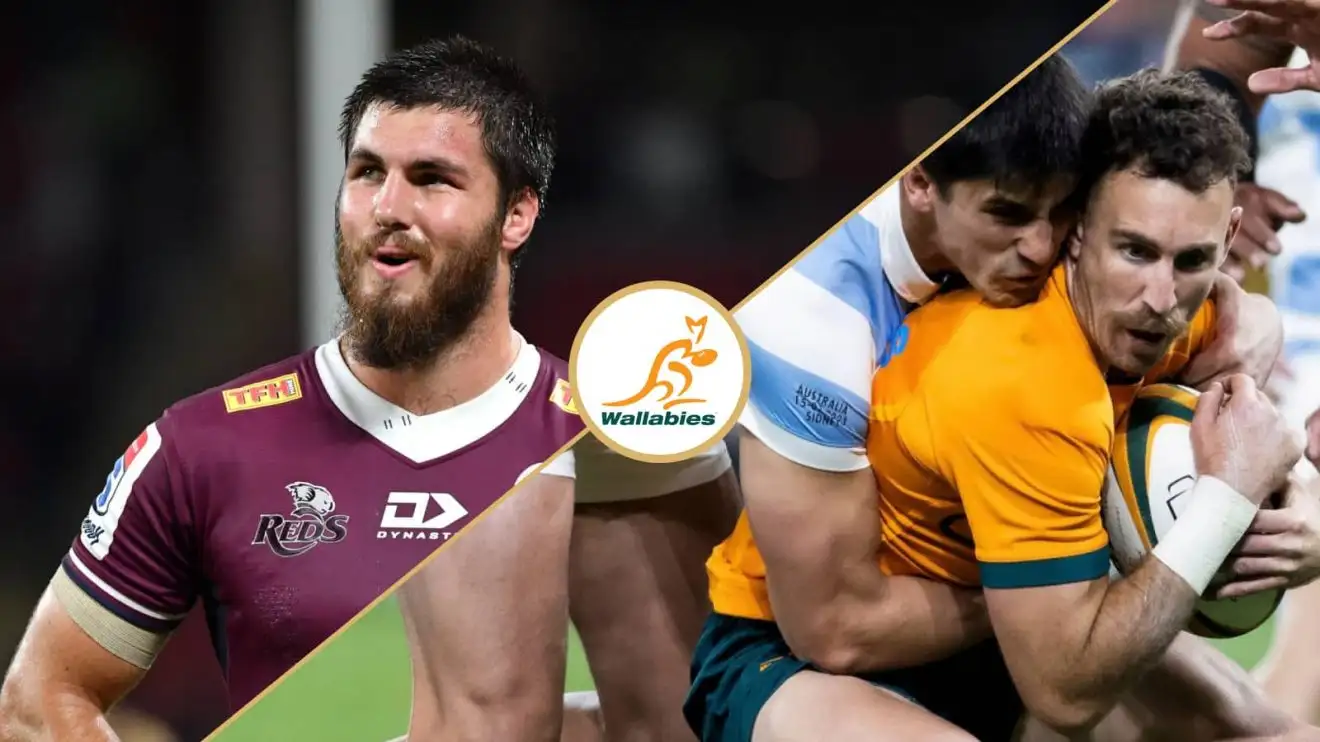
Unlike last week, the Wallabies decisively won the start, in Wellington. A brilliant effort by a damaged Taniela Tupou at the first scrum helped free up Andrew Kellaway on a switch play; all spoiled by Jake Gordon’s smash and not-quite grab.
But there was a lot to like about how the Wallabies kept both their composure and their intensity; the pick and go game eventually delivering for Fraser McReight.
The Wallabies went within a whisker of going into half-time a point ahead, which, on the run of play, wouldn’t have been unjust. But Sevu Reece – who plays rugby on a field aligned 90 degrees different to everyone else – sparked others to shift the ball sideways, which set things up nicely for Caleb Clarke on the cut.
Before then, Will Jordan had also punished the Wallabies by running in a try on a hard, straight line. In Sydney, when he did a similar thing, Jordan was aided by backfield cover (Nic White and Tom Wright) that was too slow to react.
This time around, there was no cover at all to trouble him. In part, that’s probably reflective of greater focus around tightening the connection in the front line, but it’s also a sign that players on the narrow side aren’t working hard enough to fold around and fill a space, when the situation demands it.
After the break it wasn’t as much the Wallabies going off the boil but possession and territory evening up – as it inevitably does – and the All Blacks asking serious questions of the Wallabies’ defence.

For the most part that defence was staunch, right up until the time it wasn’t; Tamaiti Williams was unstoppable from close range.
To the Wallabies’ credit, they kept coming at the All Blacks in the final quarter. Repelled they were, but I suspect that says more about an All Blacks side determined to play a match right out to the finish than any obvious failing on the Wallabies’ part.
Post-match, there seemed to be a little confusion around when Joseph Suaalii thinks he will be available for the Wallabies and when Joe Schmidt might consider him available. Probably not the best way to kick off what everyone hopes will be a deep, meaningful and long relationship, but the good news is that whenever it all happens, the Wallabies know they are getting a quality player.
In a losing Sydney Roosters side on Friday night Suaalii once again showed he has the football smarts, the hands, the size and the athletic capability to deliver at the elite level for the Wallabies; particularly at centre.
Yes, he costs too much money; yes, the mini code war was unnecessary and demeaning, but… just get the kid in there already and, if it isn’t Len Ikitau shifting in one, find a 12 who, alongside Suaalii, will potentially form a long-term, world-class midfield.
For their part the All Blacks nipped their Wellington losing streak in the bud, and also managed a rare fourth quarter score. That was a function of Damian McKenzie doing what bench players are supposed to do – provide impetus – although his success in that finishing role does nothing to solve New Zealand’s longer-term uncertainty at 10.

Beauden Barrett is 33, and, even if Richie Mo’unga returns to the All Blacks some time in 2025, by the time that happens, he will be 31. With Will Jordan, almost for the first time as an All Black, freed up to show what he can do from fullback and cementing his position there for as long as he wants it, if I were Stephen Perofeta or Ruben Love, I’d be hammering down my Super Rugby coach’s door, demanding extended playing time at 10, next season.
That’s not intended as a slight towards Harry Plummer, who last week joined the illustrious club of capped All Blacks yet to touch the ball in a Test; more just making the observation that somebody with the s𝓀𝒾𝓁𝓁 set to match the top playmakers in world rugby, needs to set about making this position their own; and soon.
Someone doing just that is Wallace Sititi, of whom a lot has been asked of in his brief All Blacks career. Primary ball carrier, key defender, go-to lineout man… all while playing out of position.
Coach Scott Robertson spoke post-match about the hang-ups around traditional numbering and general expectations around loose forward play, and he was right to de-emphasise this and point to the players being given specific team roles, regardless of the jersey number on their back.
Nevertheless, with Sam Cane in the process of signing off, it feels like most of New Zealand would breathe easier if Robertson was to throw Ardie Savea the 7 shirt, Sititi the 8, and reinstate Ethan Blackadder, or even Samipeni Finau at 6.
Cane and TJ Perenara may not have been among the All Blacks’ best in the Rugby Championship, but this match was a fitting farewell for both; both great All Blacks in every sense of the word, for their performance, work ethic and generosity of spirit, on and off the field.
As for the performance, the match was won when it needed to be won – in the third quarter. And while there was the same untidiness and frustration that has plagued them throughout this year, the pressure the Wallabies placed on the All Blacks was genuine and needed time and composure to overcome.
Whether that will be enough to get the job done in the north in November remains to be seen. The All Blacks won’t have been happy with their scrum, nor with how long it took them to adapt to the way the breakdown was being refereed, and both aspects will need to be vastly improved if they are to trouble Ireland.
In Nelspruit, the Springboks didn’t mess around with mathematical permutations, clinching the Rugby Championship and sending the Pumas back down to third on the table, with a thumping 48-7 win.
That probably makes last week’s loss sting a little more, but every team is in the process right now of finding out who their best 20-35 ranked players are right now and, as good as the Boks are, and as much depth as they have, the same applies to them.
In that respect, it was instructive to observe coach Rassie Erasmus not throw Manie Libbok to the wolves after last week’s penalty miss, and for Libbok to reward him with such a polished, inventive performance.
Also instructive was the AFL reportedly spending more than the annual salary cap of a Super Rugby franchise on having Katy Perry wave her arms around and look glamorous in that ‘I’m glad that’s not my daughter’ kind of way before Saturday’s grand final.
I guess that’s what a whole lot of ‘gamble responsibly but please gamble often’ buys you in today’s market; the AFL now receiving an amount per annum from gambling alone, well in excess of Rugby Australia’s total revenue.
While Rugby Australia has done deals with various devils over the years, and obviously needs to hustle for every dollar it can, for all its faults and frustrations, at least rugby can look itself in the eye knowing it has never sold its soul to the gambling devil.

